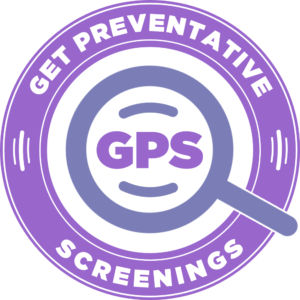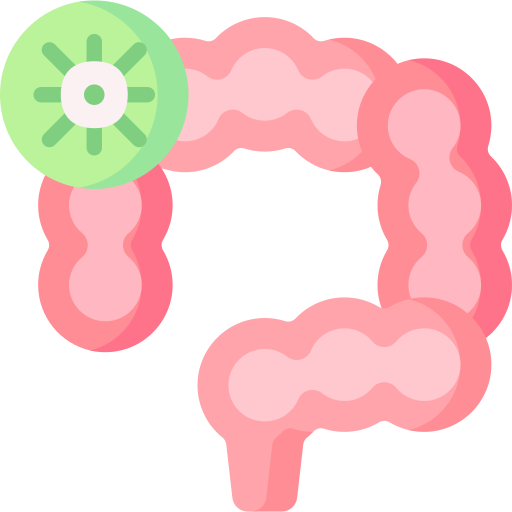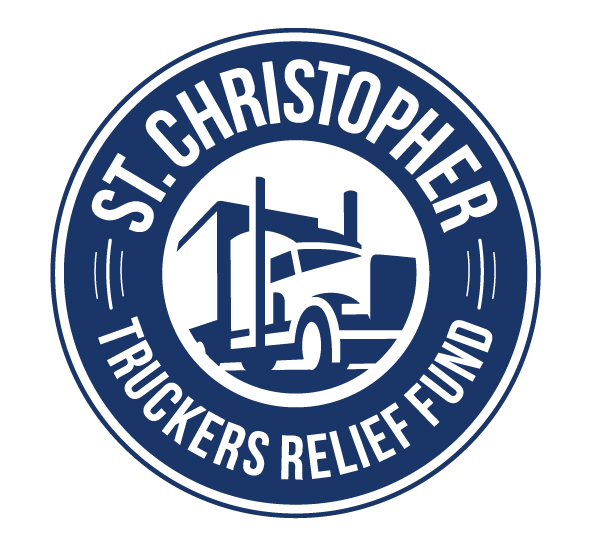
Pointing You In the Right Direction
for Good Health
At St. Christopher Fund, we consistently strive to provide preventative health programs to benefit professional truck drivers.
SCF will be providing free cancer screening kits for all Class A, OTR drivers. These screenings can be done in the privacy of your truck or home. Each screening is a $50 value.
OTR drivers can send a request of screening(s), along with a copy of their Class A CDL on our GPS form. Upon approval of the request, drivers will be sent a specific link to order the test kit. Be on the lookout for an email!
Lung cancer screenings are currently recommended annually for anyone ages 50-80 who has a smoking history of at least 20 pack-years and is either currently smoke or has quit within the last 15 years. Lung cancer screening consists of a low-dose CT scan, which takes about 15 minutes to complete. To locate a facility that offers lung cancer screenings in your area, please visit: Lung Cancer Screening Locator
Register Today
for Your FREE Kit
Know The Risk Factors

Increased Risk of Prostate Cancer
Age: After age 50, your chance of having prostate cancer is increased.
Family history: If a close family member, father, uncle or brother , was diagnosed with prostate cancer before age 65, your risk of the disease is greater than average.
Diet: A diet that’s high in animal fats and low in vegetables may increase your risk of prostate cancer.
When to be screened: the general recommendation is to have a PSA test every 2 years from age 50 to age 69, unless you are at increased risk, then screenings should start between 40-45.

Increased Risk of Colon/Colorectal Cancer
Age: The majority of colorectal cancers occur in people older than 50.
Gender: Men have a slightly higher risk of developing colorectal cancer than women.
Family history: Colorectal cancer may run in the family if first-degree relatives (parents, brothers, sisters, children) or many other family members (grandparents, aunts, uncles, nieces, nephews, grandchildren, cousins) have had colorectal cancer. This is especially true when family members are diagnosed with colorectal cancer before age 60.
Physical inactivity and obesity: People who lead an inactive lifestyle, meaning no regular exercise and a lot of sitting, and people who are overweight or obese have an increased risk of colorectal cancer.
Diet: Current research consistently links eating more red meat and processed meat to a higher risk of the disease.
Smoking: Recent studies have shown that smokers are more likely to die from colorectal cancer than nonsmokers.
When to be screened: Colon/colorectal cancer: from ages 45-75, with either yearly at-home testing, or a colonoscopy every 10 years (if not at increased risk).
